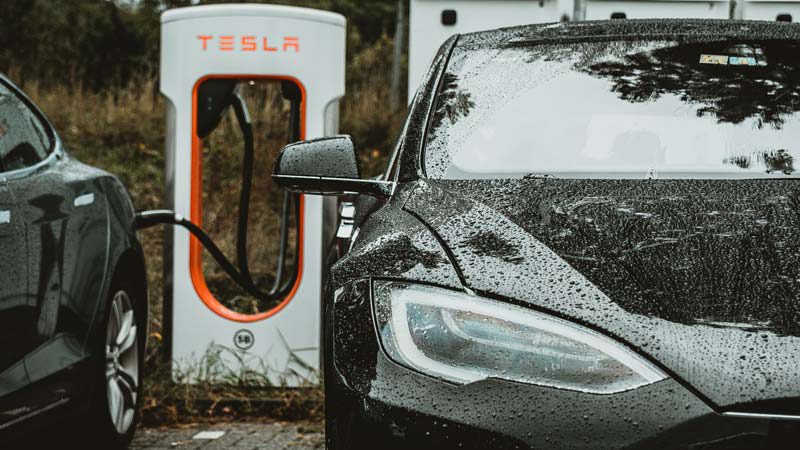Australian lithium mining company Ioneer has joined join 27 other companies, including the likes of Tesla, Uber and Rivian, as a founding member of a new clean transport coalition pushing for zero emissions and electric transport by 2030.
The “Zero Emission Transportation Association” (ZETA for short), announced on Wednesday it will use industry pressure to push for a transition to 100% electric transport in the US by 2030. The announcement cames as the UK confirmed its own commitment to 100% EV sales by 2030, as outlined here by Ketan Joshi.
ZETA’s raison d’etre underlines the many benefits to be had from transitioning to zero emissions transport: cleaner air and healthier communities, job creation, consumer savings, as well as better driving and car ownership experience.
“Transportation is responsible for more carbon emissions than any other sector of the U.S. economy,” said Joe Britton, executive director of ZETA in a statement on the the group’s website.
“By embracing EVs, federal policymakers can help drive innovation, create hundreds of thousands of new jobs, and improve air quality and public health.”
Ioneer, an ASX-listed company that specialises in the production of lithium-boron and high-grade lithium carbonate for supply to the growing battery industry, joins Tesla and Uber, along with EV start-ups such as Rivian, Lucid Motors, Volta, Arrival, and Lordstown Motor Company.
It also includes another Australian lithium company, Piedmont Lithium, whose shares soared in September after it signed a deal to supply lithium ore to Tesla from its North Carolina resource.
As part of the ZETA group, Ioneer will play a role in pushing for implementation of vehicle emissions and performance standards and charging infrastructure investments.
Its most vested interest is in the development of US electric vehicle supply chains, as it has strategically located its “Rhyolite Ridge Lithium-Boron Project”, the “most advanced lithium project in the United States” according to the company, in Nevada.
“Ioneer’s mission is to support a sustainable, lower carbon future through the responsible production of lithium carbonate, lithium hydroxide and boric acid, which are vital materials to reducing greenhouse gas emissions and creating a globally sustainable future,” said ioneer managing director Bernard Rowe in a statement.
“We view a global shift to electric vehicles as central to our mission. As the most developed lithium project in the United States, not only are we excited to be working closely with fellow leaders across the automotive supply chain, we understand the importance of ensuring US national policy supports a greener future.”
Bloomberg New Energy Finance forecasts that by 2030, global demand for lithium to supply EV battery manufacturing will reach 1.2 million tonnes of lithium carbonate equivalent.
Ioneer estimates that by 2030, US-based battery manufacturers will account for 30% of this demand.

Bridie Schmidt is associate editor for The Driven, sister site of Renew Economy. She has been writing about electric vehicles since 2018, and has a keen interest in the role that zero-emissions transport has to play in sustainability. She has participated in podcasts such as Download This Show with Marc Fennell and Shirtloads of Science with Karl Kruszelnicki and is co-organiser of the Northern Rivers Electric Vehicle Forum. Bridie also owns a Tesla Model Y and has it available for hire on evee.com.au.

